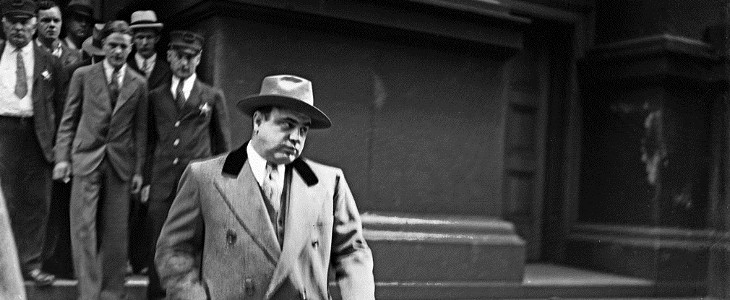Tax Planning Strategy 131 | Companies
1 June 2017
The advantages of operating a business through a company include:
- 30% tax rate (standard company tax rate)
- 27.5% tax rate for companies with a turnover less than $10m pa. (The turnover thresholds increase to $25m in 2017/18 and $50m in 2018/19).
- By 2026/27 the company tax rate for companies with a turnover less than $50m will be reduced to 25%.
- Limited liability – this ensures the shareholder’s liability is limited to the capital invested in the company.
- Ability for investors to pool their investment funds together.
The main disadvantage of operating through a company is that it doesn’t receive the 50% general capital gain discount like individuals. As such, companies are not the ideal structure for holding long-term property and share investments.
Ideally the company shareholder should be a family trust (not the individual directors). This provides flexibility and enables future distributions of dividends and capital gains to be distributed to lower taxed beneficiaries (as well as providing asset protection benefits).
"You’d be stupid not to try to cut your tax bill and those that don’t are stupid in business"
- Bono: U2





